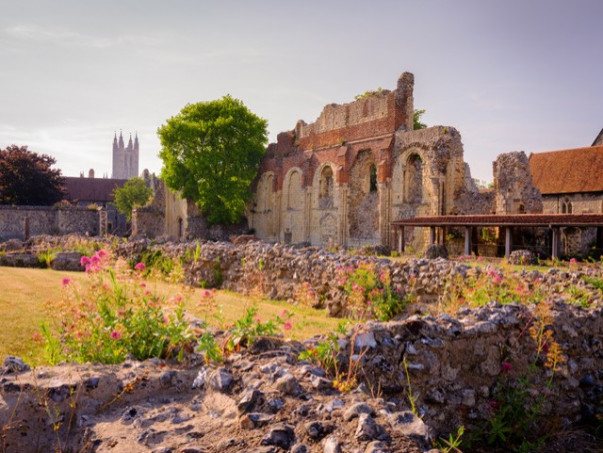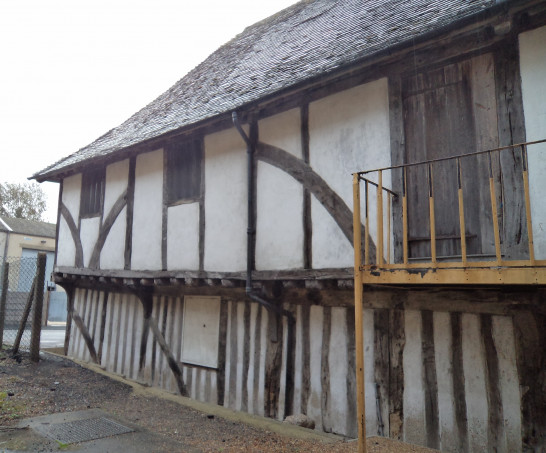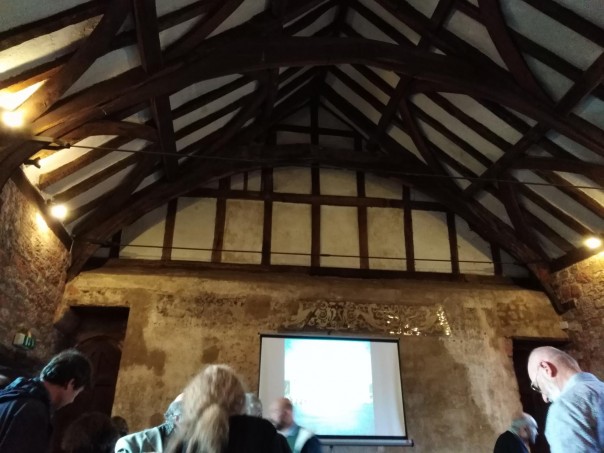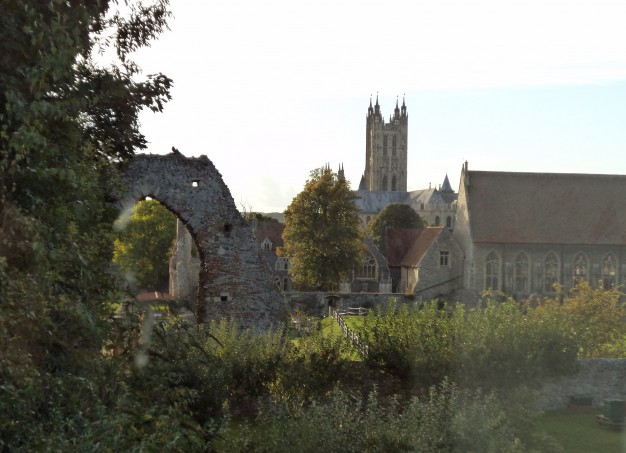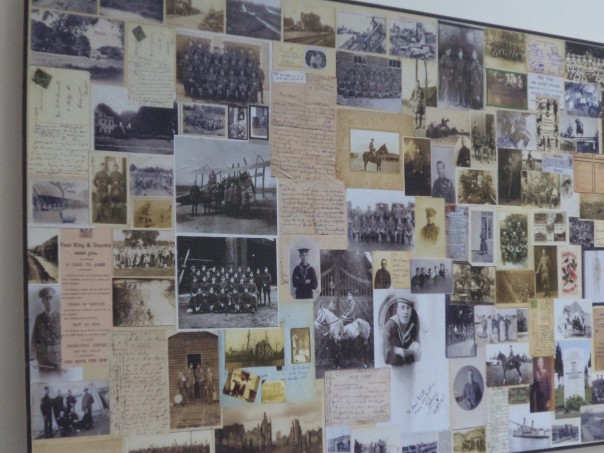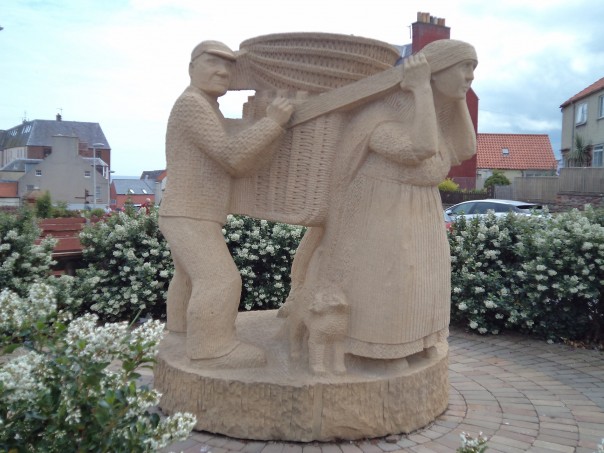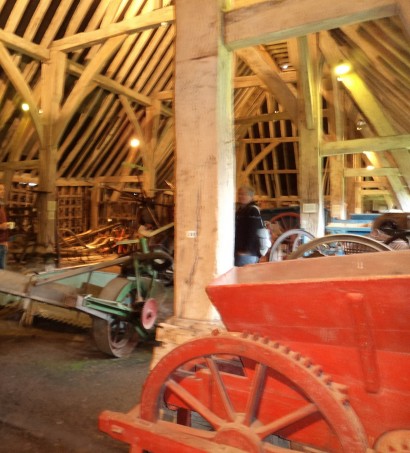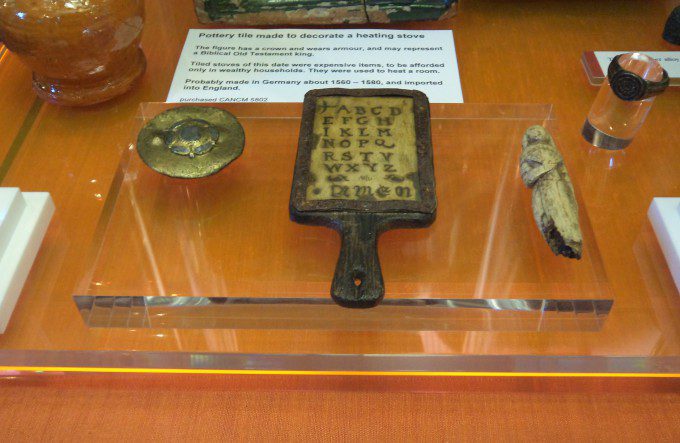Rather than a ‘normal’ blog this week, please see this offer from English Heritage, one of CCCU’s fellow organisations on Canterbury’s World Heritage Site: St Augustine’s Abbey (Longport, Canterbury, CT1 […]
Maritime Kent and other research topics
This week I thought I would catch up with what Dr Diane Heath has been doing recently, as well as where I and my fellow editors are with Maritime Kent. […]
Exploring late medieval links across the seas at Exeter
This week is more of a brief note in that Professor Louise Wilkinson has been very busy writing the report on History’s impact work over the last few years, including […]
Paul Bennett, Canterbury UNESCO and Jayne Wackett
Last night a packed lecture theatre of students, staff and the public were treated to a great lecture by Paul Bennett, Visiting Professor of Archaeology in the Centre for Kent […]
Canterbury’s UNESCO World Heritage Site and Medieval Faversham
Last week I was in Belfast giving a paper at Queen’s on ‘Starting a new life in Ricardian and Henrician Canterbury’ at the ‘Migration to the Margin’ conference, while Dr […]
Canterbury Castle and Commemorating the Armistice
We are now just a week away from the ‘Exploring Kentish Naming Practices’ conference.
Regional and local history at Durham and Canterbury
This is just a short piece before the Centre’s blog has a fortnight’s break for the summer. Consequently, I thought I would bring you up-to-date with things, including the fact […]
Exploring the past at Faversham, Brook and Canterbury
This week has been more a matter of meetings and looking forward to future events rather than events themselves. Included in the latter is most definitely the last of the […]
From Anglo-Saxons to WWII – exploring Canterbury, Faversham and the Royal Marines
I thought I would start with some very exciting news, Michael Wood has agreed to come to Canterbury to give an evening lecture on Tuesday 30 October 2018. The title […]
